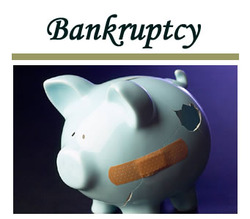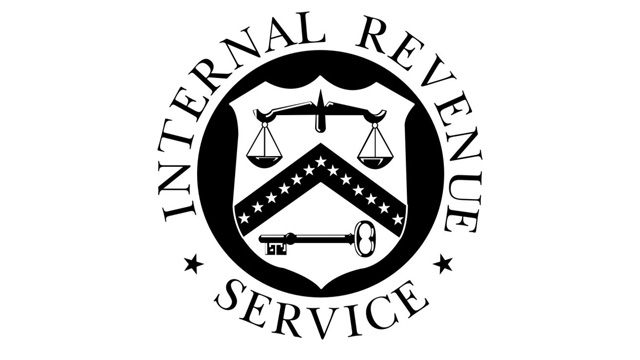The most common type of summons received after filing bankruptcy and obtaining a discharge is a foreclosure summons. When received, it can be very alarming. You filed bankruptcy, surrendered a home, and received a discharge. You moved out of the home and on with your life thinking you are no longer liable for the home. However, when you elected to surrender the home in your bankruptcy petition, this only took care of your financial responsibility regarding the home. The bankruptcy did nothing about the deed for the home being in your name. Therefore, the bank still has to foreclose on the property in order to get the property out of your name and to take legal possession of the property. When a foreclosure is purely to take legal possession of the home and not for any money damages, it is called an in rem foreclosure action. You do not have to answer the summons unless you believe you were incorrectly served or they are suing for money damages as well. The mortgage holder must serve you because you are an interested party due to your name being on the deed.
If the summons you received after bankruptcy is for a credit card or another kind of debt you believe was discharged in bankruptcy, then you need to respond to the summons stating that the subject debt was part of a bankruptcy. Before doing so, make sure the debt was properly listed on your bankruptcy schedules and it is a debt that can be discharged. If it was properly listed on your schedules and you received a discharge, then assert this in your response/answer to the summons. Once you show the debt was discharged, the action should be dismissed.
If you are unsure of what type of lawsuit you have been served with or whether the debt was properly included in your bankruptcy, you should consult with an experienced bankruptcy attorney. A simple review of the summons, accompanying complaint, and your bankruptcy petition by an attorney can help you determine what action, if any, you need to take. Contact the Law Office of David M. Goldman, PLLC by calling (904) 685-1200 to speak with an attorney today.
 Jacksonville Bankruptcy Lawyer Blog
Jacksonville Bankruptcy Lawyer Blog




 Most debts can be liquidated through a Chapter 7 bankruptcy, or reorganized through a Chapter 13 bankruptcy. However, there are a few debts that can altogether be non-dischargeable.
Most debts can be liquidated through a Chapter 7 bankruptcy, or reorganized through a Chapter 13 bankruptcy. However, there are a few debts that can altogether be non-dischargeable. 



